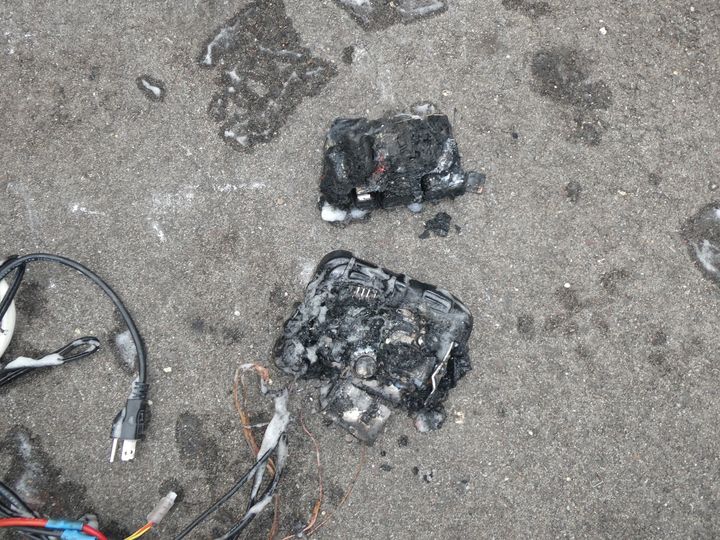Several fire calls due to lithium batteries, department issues warning
An east metro fire department is sounding the alarm about a troubling trend it’s seeing with lithium-ion batteries.
In just the last handful of months, the Woodbury Fire Department has responded to at least five fire calls involving lithium-ion batteries.
“By the time you’re at the third one you’re like, ‘All right, we got to keep our eye on this,’” Kevin Lynch, fire marshal with WFD, said about the string of house fires.

One case involved a charger for a power drill — Lynch says the person used a charging cable that did not come with the drill. In a similar case, he said a laptop charger was used for a smaller device. Adding in all cases, it only took minutes for the situations to become dangerous.
“It takes about 10 to 20 minutes is what we’re finding within that first, you know, limit of window. So we think about it similar to like cooking or candles,” Lynch said.
WFD also shared the following safety tips to their followers on social media:
- Purchase batteries that are listed by a nationally recognized testing laboratory. This will be listed on the battery label.
- Stop charging a battery once it is full.
- Charge devices on a hard surface like a desk, table or counter.
- Only use the battery designed for the device and ensure the battery is placed in the device correctly.
- Only use charging equipment that is compatible with your device. As an extra precaution, use only the charging equipment that was supplied with the device.
- Stop using the device if the battery shows signs of damage, such as an unusual odor, excessive heat, popping sounds, swelling or a change of color.
Just as important as proper use is proper recycling, according to the Minnesota Pollution Control Agency (MPCA).
“Those very small batteries do hold a lot of energy or can hold a lot of energy, which if released in the wrong way, can cause bad things to happen,” Joshua Burman, MPCA’s hazardous waste regulator, said.
Burman suggests checking out ‘Call 2 Recycle’ to find a location that recycles batteries.
“Proper recycling will make sure that lithium batteries get to facilities that can safely and properly handle them so that we don’t have garbage trucks catching on fire, recycling plants catching on fire, landfills catching on fire, or the worst case scenario, somebody’s home or business,” Burman said.